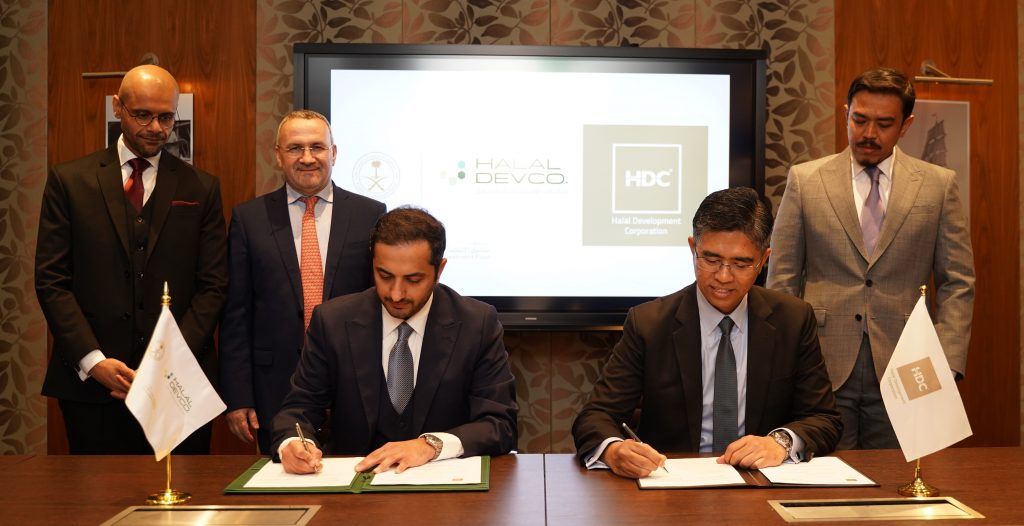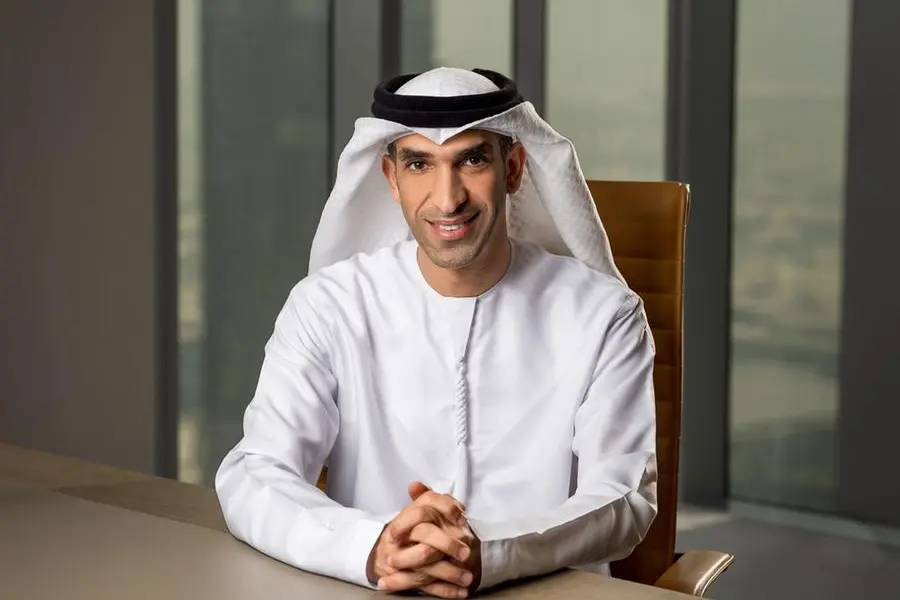Bandar Seri Begawan – Pharmaceutical professionals are in a quandary
on how Brunei’s nascent pharmaceutical sector will soon meet the
perceived growing demand for halal drugs.
“If (the development of halal pharmaceutics) were to be achieved,
then the entire process would be very expensive and time consuming,
because that would mean that the ingredients would have to be halal
certified, the handlers have to only handle halal products, packaging
would also have to be halal certified, right down to transportation,”
said a pharmaceutical business owner who wished not to be named. “If
you are talking about halal transportation or shipping, you’re looking
at an entire container specifically for halal products, and you cannot
ship it with other things, and the container itself has to be a special
container just for halal products every shipment,” she said.
“In theory this is something that is feasible and possible, but in
actual fact it is very difficult to do, most of the pharmaceutical
product ingredients are animal derived, and most of them come from pigs
… if you are going to replace that with lamb or sheep then that will
be an expensive process because of how they are reared,” she said.
Another pharmacy owner said that Malaysia is getting started on
manufacturing halal pharmaceutics, but it will still be difficult.
“I don’t see why it cannot be done in Brunei,” he said.
“Brunei will be able to do that if a local company is teamed up with
a foreign company and maybe they can see how to make the process halal
certified but it will take a long time.
“Even if they manage to manufacture a halal drug, it will not be a hundred per cent halal, not anytime soon,” he said.
“Time is money and if you are talking about attaining a
pharmaceutical product that is a hundred per cent halal, then it will
take a very long time, and by that time the drug would have been
expired or there are newer drugs on the market,” said a pharmacist.
The female pharmaceutical business owner said that she feels it is
possible for Brunei to get a slice of the halal pharmaceutical market.
However, she questions whether it will be a hundred per cent halal.
“If I were heading the project, and I am the authority on the
product and 1 say that it is halal certified, who will question me on
how halal it is?” she said. The Brunei Times contacted the Ministry of
Health and the Ministry of Industry and Primary Resources yesterday but
no official was available to comment.
In the recent International Halal Conference, Zubaidah Hj Mahmud, a
senior scientific officer at the Ministry of Health’s Department of
Pharmaceutical Services, discussed the yet to be released guidelines
for the halal pharmaceutical accreditation process.
“Once the halal (pharmaceutical) guidelines are endorsed by the
Brunei Islamic Religious Council, it will be open for any investors
interested in the manufacturing of halal medicines, traditional
medicines and health supplements.” she said.
As the owner of the guidelines, the council has the capacity to
appoint the appropriate auditors to audit the manufacturers or
producers of halal products.
Meanwhile, the Ministry of Health’s role would be to be the agency
that ensures chat the products produced are safe for consumption and is
of acceptable quality, she said. — Courtesy of The Brunei Times


